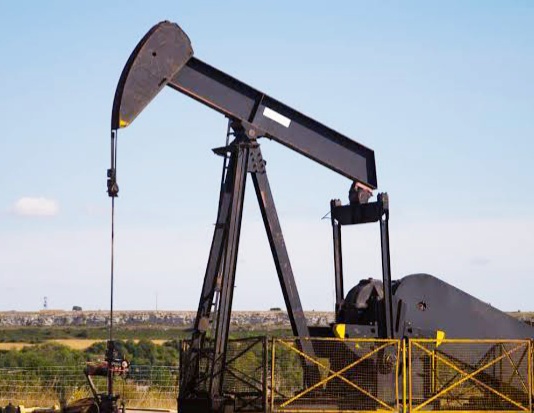BEIJING, Nov 4 (Reuters) – Oil prices rose more than $1 in early trade on Monday after OPEC+ said on Sunday it would postpone a planned increase in output in December by a month due to weak demand and rising supplies outside the group.
Brent futures rose $1.18 a barrel, or 1.61%, to $74.28 a barrel by 0121 GMT. US West Texas Intermediate (WTI) crude rose $1.20 a barrel, or 1.73%, to $70.69.
OPEC+, which includes the Organization of the Petroleum Exporting Countries, Russia and other allies, was to increase output by 180,000 barrels per day (bpd) from December.
It means the group will extend its 2.2 million bpd cut for another month, having already delayed an increase from October because of falling prices and weak demand.
“A delay until January would not significantly change fundamentals, but it may cause the market to reconsider OPEC+’s strategy,” ING analysts said in a note. The delay dashed hopes among some in the market that OPEC+ would go ahead with planned production increases.
“The delay in supply implies the group is more inclined to support prices than many believe,” analysts said.
The group is set to gradually phase out 2.2 million bpd of cuts in the coming months, while 3.66 million bpd of output cuts will remain in place until the end of 2025.
Brent and WTI posted weekly declines of 4% and 3%, respectively, last week as record US output put pressure on prices. But both contracts rose on Friday on reports that Iran could launch a retaliatory strike on Israel within days.
On Thursday, US news website Axios quoted two unnamed Israeli sources as saying that Israeli intelligence agencies have indicated that Iran is preparing to attack Israel from Iraq within days.
This week, markets await the US presidential election on Tuesday, with polls showing a close contest between Democratic Vice President Kamala Harris and Republican former President Donald Trump.
And on Thursday, economists expect the US Federal Reserve to cut interest rates by 25 basis points.
In China, the Standing Committee of the National People’s Congress meets Nov. 4-8 and is expected to approve additional stimulus to boost the slowing economy, though analysts say most of the money is likely to be used to reduce local government debt.




